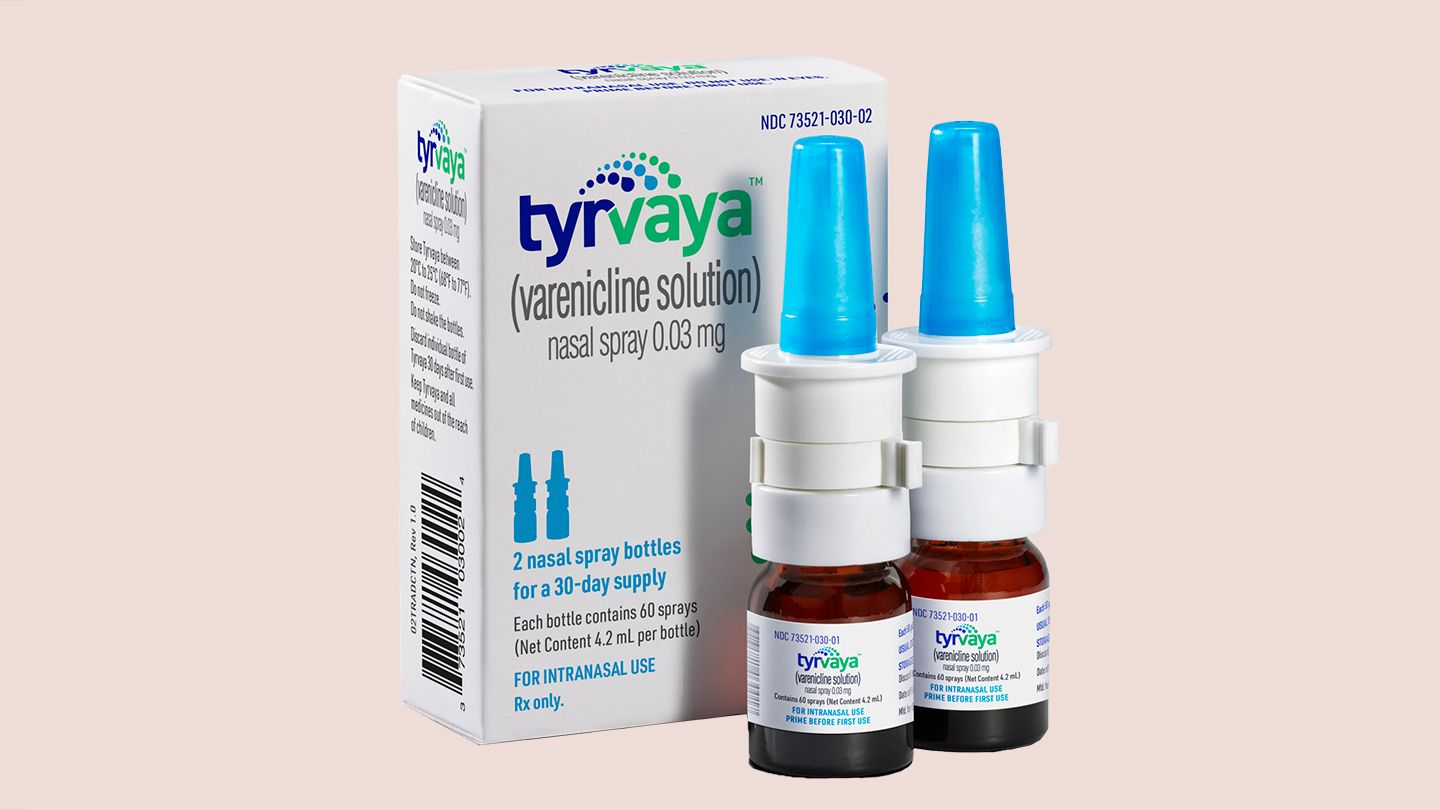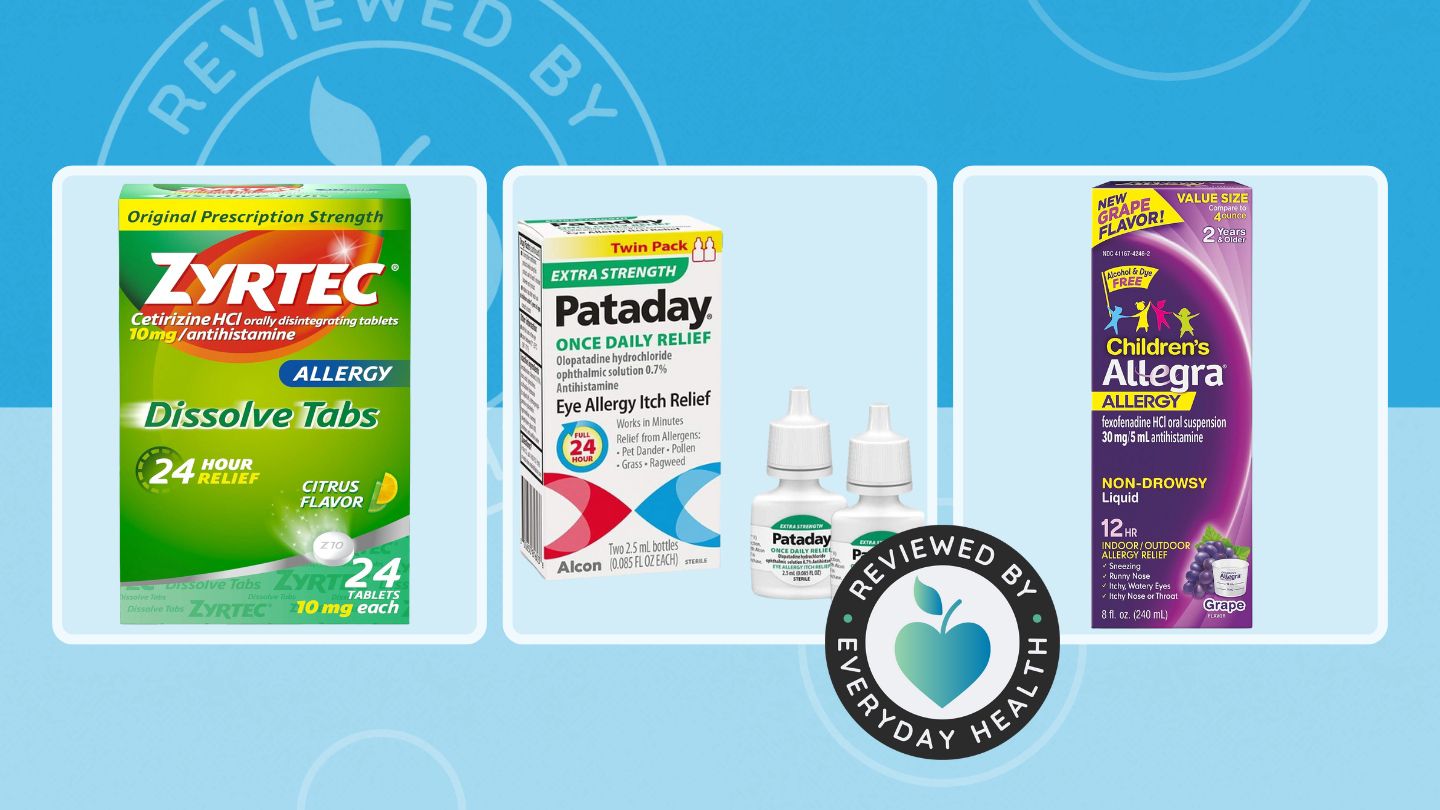Can I Take Ibuprofen with Dayquil?
When you're suffering from cold and flu symptoms, your first instinct may be to take multiple medications like ibuprofen and Dayquil together to feel relief. However, combining these two particular drugs is not recommended and can lead to potential health risks.
What is Ibuprofen?
Ibuprofen is a common over-the-counter non-steroidal anti-inflammatory drug (NSAID) used to relieve pain, fever and inflammation. Brand names for ibuprofen include Advil and Motrin.
It works by blocking the production of prostaglandins which are chemicals in the body that promote pain signals, fever and inflammation. By inhibiting prostaglandins, ibuprofen provides analgesic, antipyretic and anti-inflammatory effects.
What is Dayquil?
Dayquil is an over-the-counter cold and flu medication designed to provide temporary relief of common symptoms like stuffy nose, sore throat, cough, headaches, and fever.
It contains the following combination of active ingredients:
- Acetaminophen - a pain reliever and fever reducer
- Dextromethorphan - a cough suppressant
- Phenylephrine - a nasal decongestant
Is It Safe to Take Ibuprofen and Dayquil Together?
It is generally not recommended to take ibuprofen together with Dayquil. This is because Dayquil already contains acetaminophen, and combining it with ibuprofen can exceed the recommended daily limit for acetaminophen.
Taking too much acetaminophen can lead to liver damage or failure. Exceeding 4000 mg of acetaminophen per day puts you at serious risk of liver toxicity.
Since both Dayquil and ibuprofen contain ingredients to reduce fever and body aches, taking them together provides little added benefit and mostly just increases your risk of liver problems.
Dangers of Mixing Ibuprofen and Acetaminophen
Some of the major dangers associated with concurrently using ibuprofen and acetaminophen products like Dayquil include:
- Exceeding the daily acetaminophen limit, even unintentionally
- Increased risk of acute liver failure and damage
- Adverse gastrointestinal side effects like nausea, vomiting, stomach pain
- Internal bleeding, ulcers or perforation of stomach lining
- Kidney dysfunction or failure
- Electrolyte abnormalities
- Breathing suppression
Those who drink alcohol frequently are at even higher risk of liver toxicity when combining these medications. Elderly people, young children, and those with liver disorders are also more vulnerable to complications.
Alternative Options to Ibuprofen and Dayquil
Rather than doubling up on ibuprofen and Dayquil, here are some safer options to get relief from cold and flu symptoms:
- Regular strength acetaminophen - Take up to 1000 mg every 6 hours instead of Dayquil which has 325 mg per dose. This provides the fever/pain relief without exceeding limits.
- Naproxen (Aleve) - Swap ibuprofen for another NSAID like naproxen which doesn't interact with acetaminophen.
- Aspirin - Adults can use aspirin for pain and fever during a cold. Avoid in children.
- Phenylephrine (Sudafed) - Use an oral decongestant without acetaminophen for stuffy nose symptoms.
- Guaifenesin (Mucinex) - This expectorant can help thin mucus and clear chest congestion caused by a cold.
- Dextromethorphan cough syrup - Use a dedicated OTC cough suppressant without extra ingredients.
- Saline nasal spray - Help relieve stuffy nasal passages with a saltwater rinse.
- Neti pot - Use a saline nasal irrigation device to flush out mucus and open nasal airways.
When to Take Ibuprofen vs Acetaminophen
Rather than together, it is safer to take ibuprofen and acetaminophen at different times during a cold. Here are some general tips on when to use each medication:
- Ibuprofen - Best for inflammatory symptoms like sore throat pain, headache, body aches, fever, sinus pain.
- Acetaminophen - Preferred for non-inflammatory symptoms like runny nose, sneezing, watery eyes, mild headaches.
- Ibuprofen - Works well during the day to maintain comfort when symptoms are most active.
- Acetaminophen - Useful at night if needed to manage cold symptoms that disrupt sleep.
Always read medication labels carefully and never exceed the stated dose. Measure doses precisely using a measuring spoon or cup rather than estimating. And keep track of timing between doses.
Other Precautions When Taking Ibuprofen and Acetaminophen
Aside from avoiding simultaneous usage, here are other important precautions to take if using ibuprofen or acetaminophen when you have a cold:
- Reduce alcohol intake, as it further stresses the liver.
- Drink lots of water to stay hydrated.
- Avoid use if you have liver disease, kidney disease, or stomach ulcers.
- Limit use to less than 10 days to avoid side effects.
- Don't exceed dosage recommendations.
- Avoid any other drugs containing acetaminophen.
- See a doctor if fever lasts more than 3 days in adults or 4 days in children.
Carefully reviewing ingredient labels on any other cold medications or combination products is crucial to avoiding accidental overdose. Combination products often contain acetaminophen including Theraflu, Nyquil, Midol, and more.
Treating Cold Symptoms Without Medication
While ibuprofen and acetaminophen can help provide symptom relief, they do not cure the underlying cold. There are also many effective ways to find cold and flu symptom relief without medication.
Get Plenty of Rest
Allowing your body to rest is key to fighting off a cold or flu. Stay home from work or school and sleep as much as possible. Your body needs the energy to power its immune response.
Stay Hydrated
Drinking fluids keeps mucus thin and easy to expel from the body. Water, broths, herbal tea, diluted juices and electrolyte drinks help you stay hydrated if your appetite is low.
Try Hot Showers
Inhaling the steam from a hot shower can moisturize and open nasal passages. Let the warm water soothe an achy body too.
Use a Humidifier
Running a humidifier, especially in the bedroom at night, can provide moisture to relieve congestion and coughs.
Gargle with Salt Water
Gargling with warm salt water helps ease a sore throat and break up mucus. It reduces throat swelling and irritation.
Take Zinc and Vitamin C
Supplements containing zinc and vitamin C may help shorten the length of colds by boosting immunity. They are most effective when taken right at the first signs of illness.
Drink Hot Tea
Sipping on hot herbal teas adds warmth and moisture to soothe sore throats and congestion. Peppermint, ginger, and echinacea tea provide added benefits.
Use Nasal Saline Rinses
Saltwater rinses help flush mucus out of nasal passages safely without medication. Use saline nose drops, sprays or neti pots.
Try Over-the-Counter Cough Syrups
Drug-free cough syrups contain glycerin and honey to coat and soothe sore throat pain. Look for childrens formulations without unnecessary medications.
Apply a Warm Compress
Placing a warm, moist towel over your face helps open sinus passages for improved breathing. You can reuse cooled compresses after reheating.
Use Petroleum Jelly for Chapped Noses
Rubbing a small amount of petroleum jelly just inside the nostrils can prevent irritation from constant nose blowing.
Consider Elderberry Syrup
Elderberry syrup is a natural remedy thought to reduce cold duration and severity in adults. It also provides vitamin C.
Eat Chicken Soup
Warm broth and salt may help thin mucus while chicken provides cysteine to help thin mucus as well. The hydration also prevents dehydration.
When to See a Doctor
In most cases, you can manage cold symptoms at home with conservative treatment. But contact your doctor if you experience:
- Fever over 103 F that lasts more than 3 days
- Symptoms that last longer than 10 days without improvement
- Difficulty breathing or shortness of breath
- Chest pain or pressure when coughing
- Thick green or bloody mucus
- Severe vomiting, diarrhea or dehydration
- Earache or severe sinus pain
- Stiff neck or severe headache
- Cold symptoms that improve but then return with fever and worse cough
Seeking medical treatment promptly is advised if you are in a high risk group such as infants, seniors, pregnant women, or immunocompromised individuals. Antiviral medication may be prescribed in certain cases.
The Bottom Line
It is not recommended to take ibuprofen together with Dayquil or other medications containing acetaminophen. Severe liver toxicity can occur due to acetaminophen overdose.
To avoid complications, take these medications at separate times. Acetaminophen is safest for minor body aches, headaches and fevers, while ibuprofen can be used for more significant inflammation and pain relief.
Using conservative symptom relief measures can often avoid the need for doubling up on medication. But if your symptoms persist or worsen, consult a doctor for evaluation.
Disclaimer: This article is for informational purposes only and does not constitute medical advice. Always consult with a healthcare professional before starting any new treatment regimen.
Related Coverage
Learn about the common causes of morning nasal congestion and stuffy noses along with 17 natural remedies and medical treatment options for relief....
Relieve sinus congestion and open clogged nasal passages with effective home remedies like steam, hydration, saltwater rinses, sprays, aromatherapy oils and more....
Learn about the benefits and precautions of using DayQuil and ibuprofen together to treat cold and flu symptoms. Follow dosage guidelines carefully....
When intermittent fasting, a common question is if swallowing mucus or phlegm affects fasted states metabolically. Learn what experts say about mucus content and fasting efficacy....
From first tickle to last cough, the average common cold lasts 7-10 days, with peak severity around day 4. Learn about common cold stages, symptoms, and treatment....
Is it safe to use Flonase and NyQuil together for a stuffy nose? Get the facts on combining these medications and learn other fast ways to relieve congestion....
Does Tylenol or other medication break your fast? Get the facts on NSAIDs, supplements, prescription drugs and more during intermittent, alternate day and prolonged fasting....
Colds often intensify overnight due to nasal congestion, coughing, dehydration, and immune dips when sleeping. Learn techniques to rest better and know when a cold turns severe....
Onion and honey together make a powerful natural remedy for colds. Learn how to use onion and honey to get relief from cough, congestion, sore throat and more....
Learn whether you can take NyQuil 4 hours after Sudafed decongestant based on differences, side effect risks, dosing guidelines and what to do if interactions occur....









